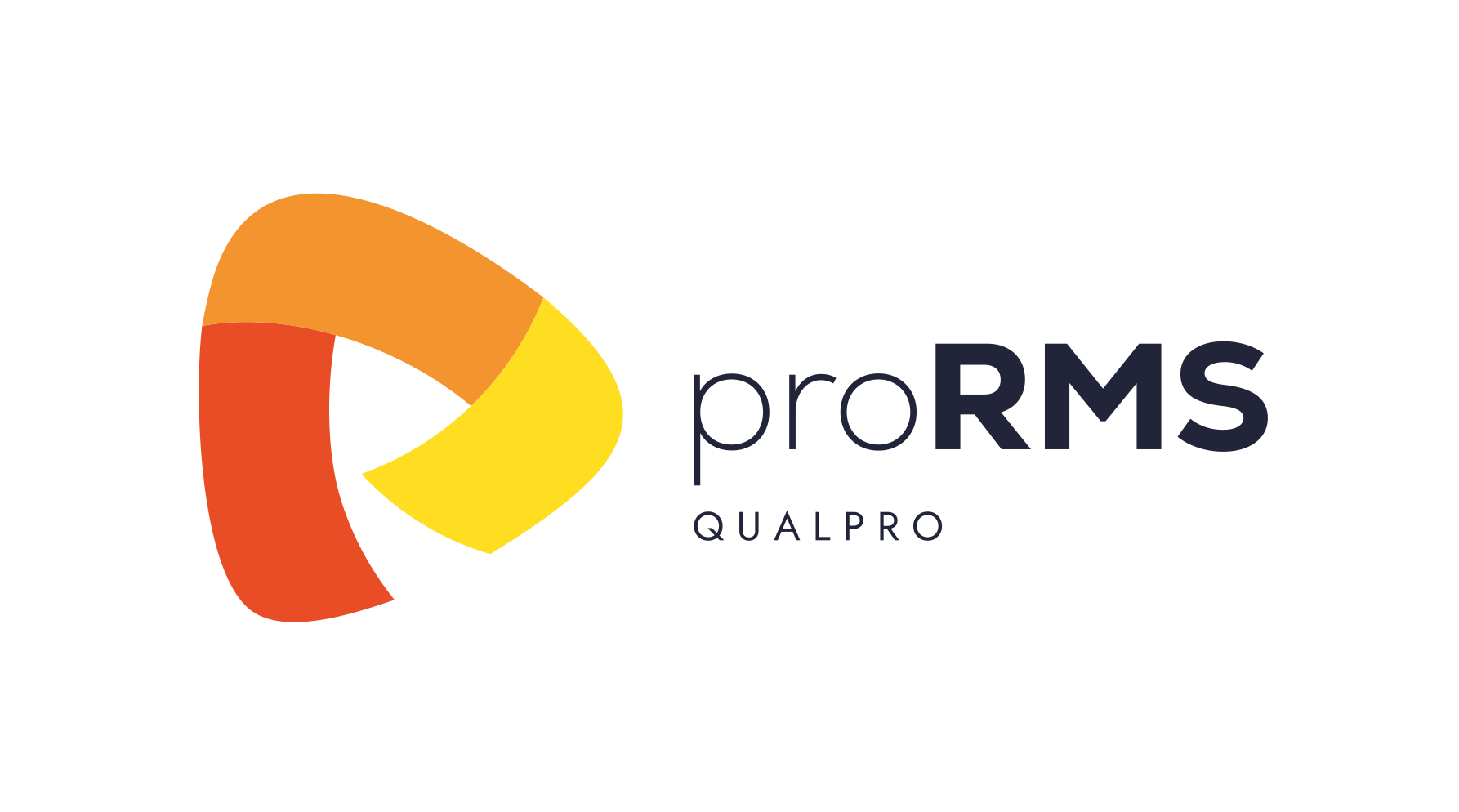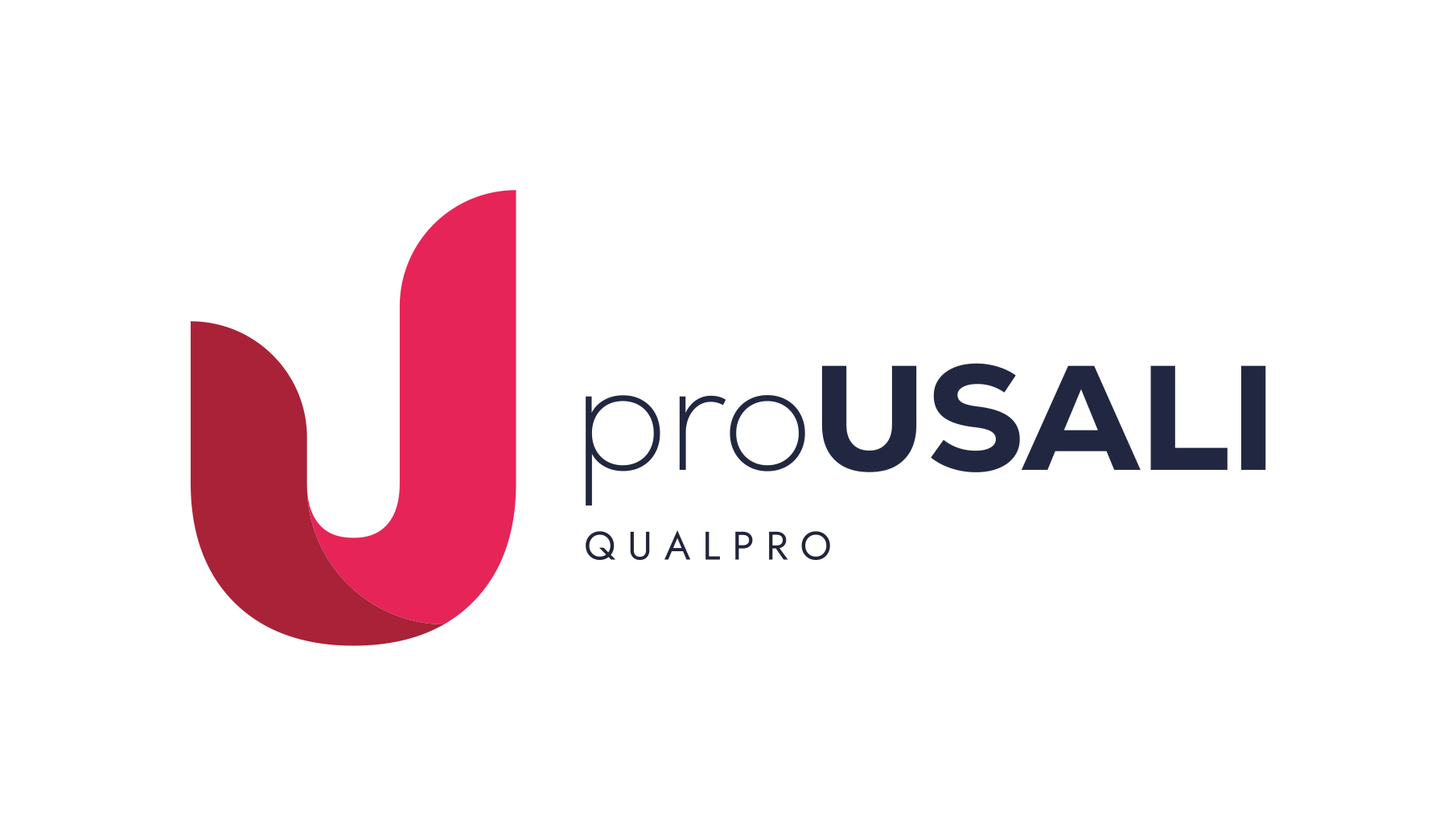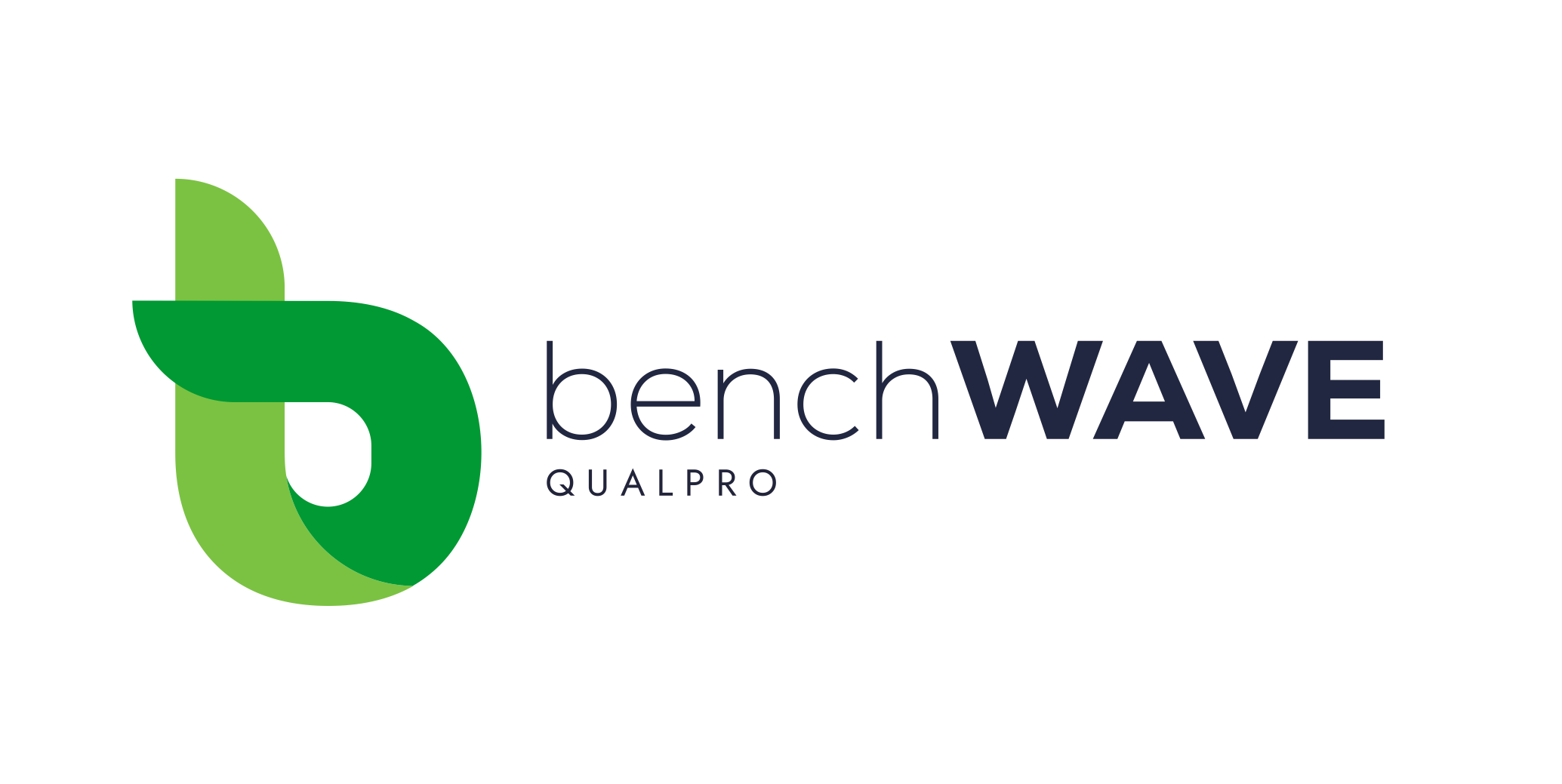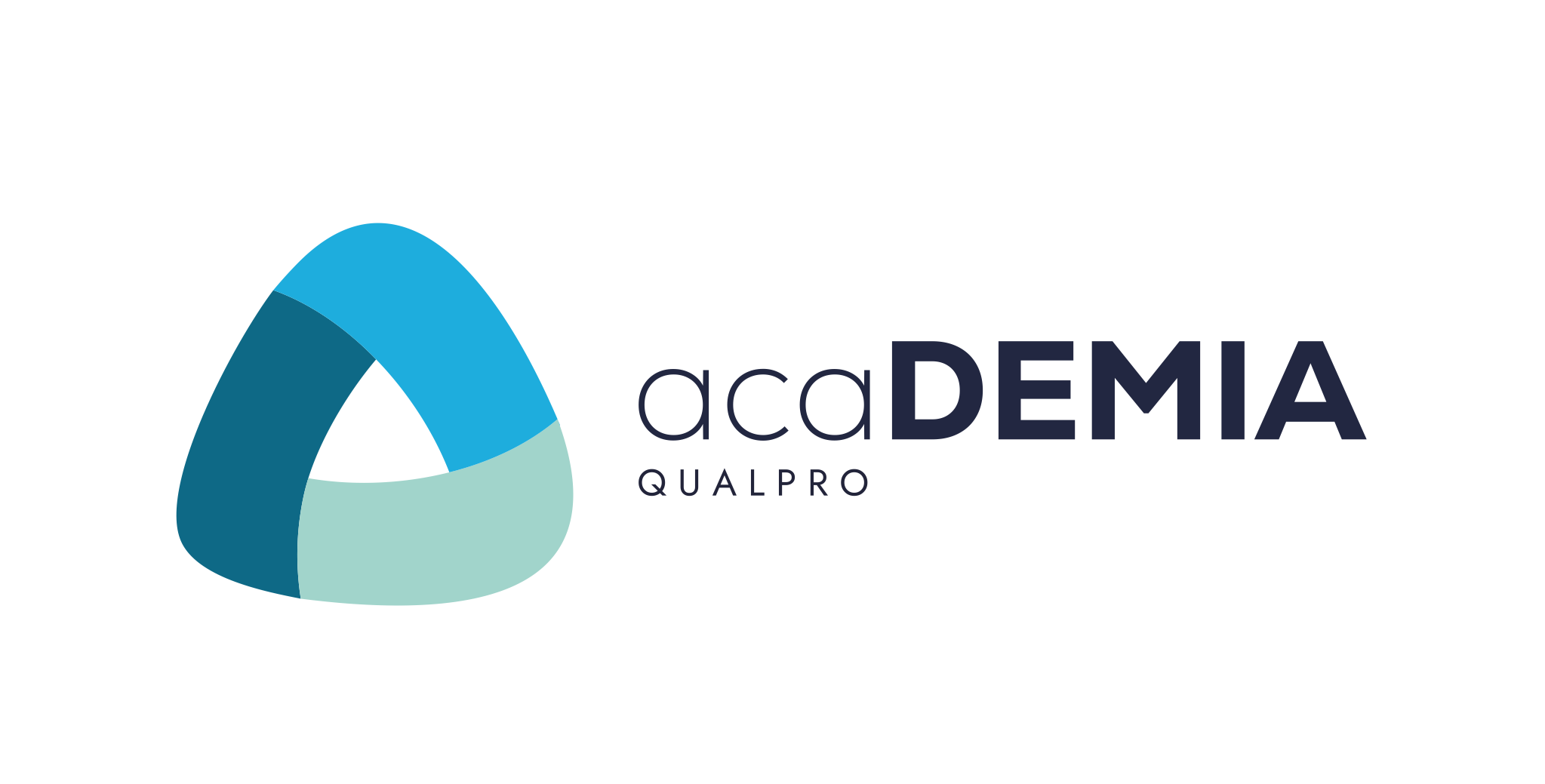The new year 2021 brings new hope for the world as well as the hospitality industry. First volunteers have already been vaccinated against COVID-19. Some countries (e.g. the UK) are going to start distributing the vaccine very soon. Does this mean that everything will quickly return to normal? Unfortunately, not yet. However, experts have carefully examined the current situation of the hospitality industry and developed certain forecasts. We would like to present their results in the form of 6 Revenue Management trends for 2021. You should know them if you wish to make your hotel profitable again.

1. Data collection from scratch
The new situation has made historical data (ADR, RevPAR or occupancy) irrelevant. Hoteliers can’t compare 2020 to any known period. It means that you must build your data sets from scratch and base them on current reservations and cancellations, short-term forecasts, as well as your competitors’ rates and restrictions. This results from constant changes in the number of open hotels or potential guests. Such changes have caused the past forecasts to become obsolete. A 365-day forecast won’t do the trick any more. The best you can do is perform a 90-day forecast and update it frequently. Your historical data might mean data from last week or, if you are lucky, the last couple of weeks. It also might become irrelevant very quickly. This also affects the annual budget which now serves as guidance rather than a clear goal. Achieving the budget might become impossible due to the current situation. That is why you must regularly adjust your budget which should be based on the available demand.
2. High volatility in demand
Since we are discussing demand, 2021 will be mostly dominated by changes. As we mentioned in the previous article, past pandemics used to last 1-3 years. So we might expect more cases as well as more restrictions. Therefore, you must take your guests’ country of origin into account. Nowadays, domestic guests may be more valuable than international ones because they won’t be affected by closed borders. In the later period, the leisure segment (domestic tourism) may prove to be the most profitable. Another crucial factor is the guests’ region of origin within the country. If we usually have more guests from a given region, we can recommend preparing a dedicated advertising campaign. It must include information on safety measures because guests are now sensitive to them. For the same reason, guests might choose remote hotels. If you don’t run such a hotel, you can compensate for this by introducing appropriate modifications to your hotel’s safety measures (e.g. social distancing) or presenting an attractive offer. While gathering data on your current demand, you should go into details. For example, you can’t view pick-ups in general. You have to analyze them within microsegments to obtain valid information on demand among your guests.
3. Booking behavior changes
Since we are already discussing guests, you can observe a trend of reserving hotel services with a very short lead time (sometimes even on the same day). For this reason, hotels have less time to prepare for a visit. Such guest behavior is completely understandable. It results from the inability to make long-term plans and it probably won’t change until the end of the pandemic. We also noted that guests prefer longer than normal (pre-pandemic) stays. Take it into account while considering room restrictions or upselling strategies. The other side of the coin is cancellation. As long as the pandemic stays with us, guests will expect to have the option of cost-free cancellation at any time. Due to restrictions imposed on hotels and the market situation, we should provide them with flexibility in this regard. While accepting the reservation, investigate your channels: where are your guests coming from and what specific services might they need? You can have a greater impact on the message that your guests are receiving and ways of improving it. Maybe your guests will need additional services which will influence the total revenue by providing ancillary revenue.
4. Aggressive competition
Current market changes have led to unusual situations. Hotels which used to host mostly foreign tourists suddenly have to compete for local guests. On the other hand, 3-star hotels might now compete with the 5-star ones which use price reductions to enter new market segments. As a result, you might be operating in a new competitive environment. The situation can also change rapidly, so you have to constantly monitor your competition and update your compset. Pay attention to sudden shifts in competitors’ rate levels. Reduced demand leads to hotels often organizing last-minute discounts, flash sales and using other techniques to attract guests. You must react in real time by adjusting your own price levels, using marketing campaigns or changing your target segment. Just remember to avoid price wars! We described their harmful effects in another article.
5. New data sources
In addition to data on your competition, you also have to collect data on your surroundings. Nowadays, hotels acquire data not only from existing sources (e.g. dedicated websites), but also from local and global news as well as government decisions and regulations. The rapid pace of changes often results in misunderstandings. You can clearly see this at industry forums which are more busy than ever before. Nevertheless, it’s a good idea to gather data from dedicated websites that specialize in the analysis and interpretation of data. Within the next twelve months, the most crucial information will relate to countries with open borders as well as pandemic zones over certain regions. Especially with regard to the region where your hotel is located. So don’t forget to constantly acquire new data and check its credibility at every turn. The greatest problems may actually come from misinformation rather than the current situation.
6. Technology above all
If you disagree with the above statement, look at the present working conditions. What is helping us most in the coronavirus era? Internet, various instant messaging apps, virtual calendars, headphones and webcams. In short, technology! However, hoteliers might be skeptical about hospitality solutions such as Revenue Management Systems due to insufficient knowledge, fear of disrupting company operations or focusing on short-term goals instead of long-term ones. However, previous crises, including the one after the September 11 attacks, led to a technological boom in the hospitality industry. Revenue Management of 2021 will be based on continuous analysis of current and detailed data, short-term forecasts, adjusting to the situation, a more holistic view of the hotel – and all this will be virtually impossible without using technology. When should you start using it? In a perfect scenario – now. Learning the technological approach may take time, so you should prepare in advance for better days.
Hoping for a better year
Although the pandemic can still surprise us (hopefully not), the above trends are the most realistic for the upcoming months. Lifting the increased restrictions and opening hotels for leisure segments and foreign guests will happen sooner or later. Volatility will continue to dominate the market, and guests will pay attention mostly to safety. Hotels must adapt to the “new reality” trends. This is difficult to achieve when some properties are understaffed or need to be restructured. However, you can’t neglect preparing for changes. This is the only way to win the largest market share after the restrictions are lifted. We can help you with these preparations. If you want to know more about future trends and how to take advantage of them, please contact us. We will tell you what actions you can take and what tools you can use to ensure a smooth recovery of your hotel’s profitability.
Talk to our expert by phone: +48 736 851 102
Describe your situation by e-mail: info@qualpro.co
Use our contact form: https://qualpro.co/contact/





